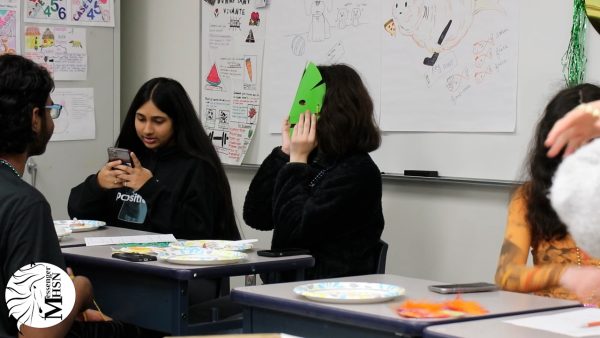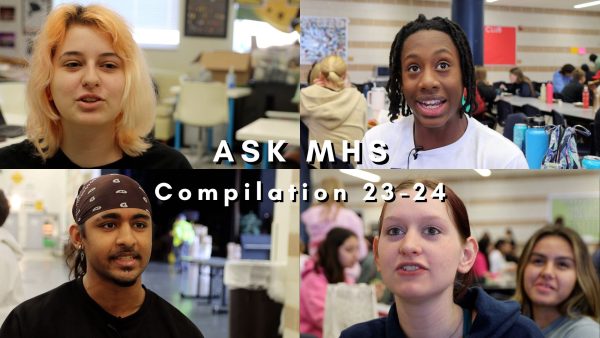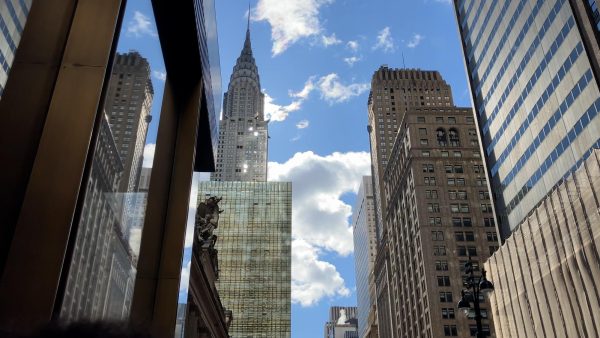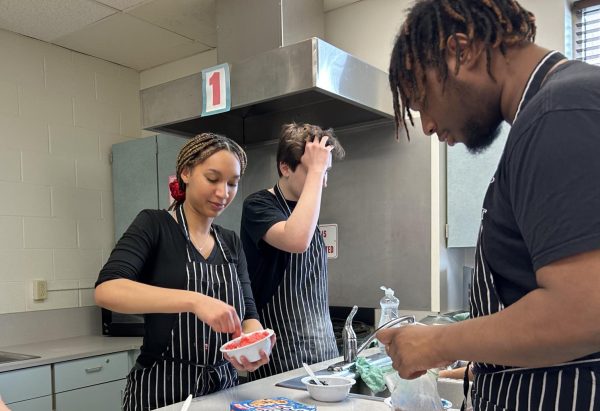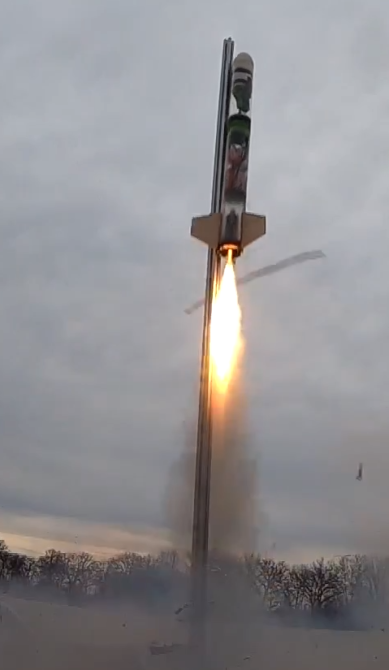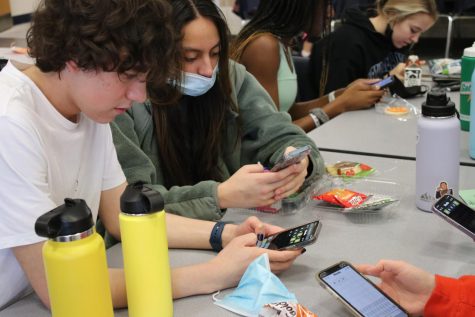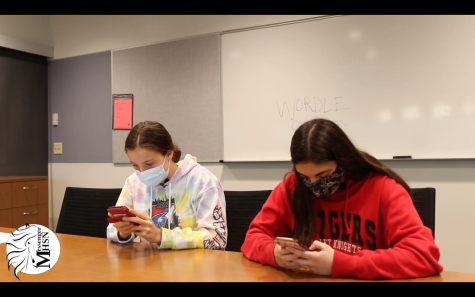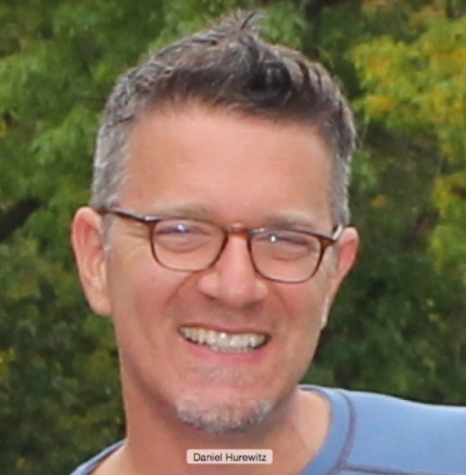Astral Orbit Prepares for Second National Competition
Media by Bradley Cook
Astral Orbit, MHS’s rocketry team, has launched many rockets this year after school in preparation for this year’s The American Rocketry Challenge (TARC) after having taken second place in last year’s competition. “It’s a really really big step from winning a virtual competition to winning like a real life,” Alex Chen, sophomore, said. “It’s like two different worlds.”
After a model rocketry unit in an engineering class at Crestview Middle School, Benjamin Cook, junior, gathered a group of students from some of his other classes in 2018 to create his own rocketry club, Astral Orbit.
Once the members reached high school, MHS gained a rocketry team.
Having taken second place in The American Rocketry Challenge’s (TARC) virtual competition simulation last spring, members of Astral Orbit are now working toward this year’s in-person competition with dates still to be decided.
“There’s a lot more challenges when you’re actually building [rockets],” Cook said. “But, we’re feeling pretty confident.”
This year’s competition task is to keep an egg undamaged as a rocket goes up to 800 feet high for 40 to 43 seconds. Points are deducted for both exceeding and failing to meet these specific measurements.
Astral Orbit used 3D printing for much of their previous rocket building which, while allowing them to create a unique layout, proved to weigh a lot. This year, lighter materials will be used to create a lighter rocket.
“Even though, to some degree, we are quite inexperienced working with physical rockets, that also gives us a measure of creativity and not being forced to work by certain designs,” Cook said.
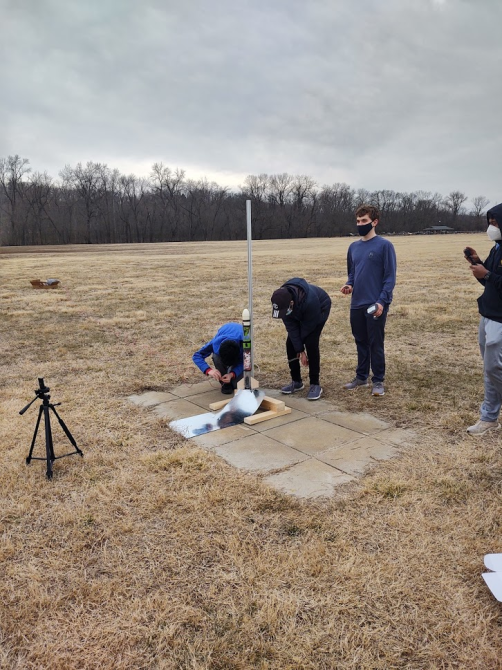
National competitions will be spread across the country in locations more convenient to participants to prevent large gatherings.
Even with closer locations, not all members of the club are in attendance during the rocket’s launch.
Some team members are there in person to work with the rocket itself, while others are able to work with the programming virtually from a secondary location. This programming ensures the rocket’s flight path while in the air.
“One of the great things about rocketry is that it really brings in so many engineering disciplines,” Cook said. “There’s just so many skills that are in rocketry.”
Dr. Cathy Farrar, science teacher, has served as the club sponsor since its transition from Crestview to MHS.
Dr. Farrar mentors the team, but cannot personally be involved with the creation of the rocket during the competition.
“They are a pretty focused group,” Dr. Farrar said. “These guys are great and should do well.”
The team has launched five rockets this year after school hours and under the supervision of parents. Meetings take place virtually as the group continues to prepare for the competition.
Alex Chen, sophomore, has been a member of Astral Orbit since it was founded and works a lot with coding for the rocket.
Chen said weather is an important factor to consider when building the rocket, as every day brings different conditions and, as a result, different flight patterns.
We believe in the idea that having a lot of ideas is the best way to have great ideas.
— Alex Chen
Chen said the group functions as a hivemind to ensure as many issues that may arise can be addressed as possible.
“We believe in the idea that having a lot of ideas is the best way to have great ideas,” Chen said.
There is no hierarchy within the group. Though positions are listed on their website, Chen said they are outdated and members currently pick up roles where they are needed.
“A great leader should create more leaders, not more followers,” Chen said.
The group is constantly looking to expand to increase the popularity of rocketry in St. Louis. Chen said people are naturally intrigued when they see rocketry, and getting people to act on that intrigue and venture out of their comfort zone is what continues to make the group great.
“A lot of people look at engineering and they just see the engineer,” Chen said. “We’re not just people behind computer screens. We’re fun people to be around, albeit dangerous.”
Your donation will support the student journalists of Marquette High School. Your contribution will allow us to purchase equipment and cover our annual website hosting costs. You may become a PATRON by making a donation at one of these levels: White/$30, Green/$50, Blue/$100. Patron names will be published in the print newsmagazine, on the website and once per quarter on our social media accounts.
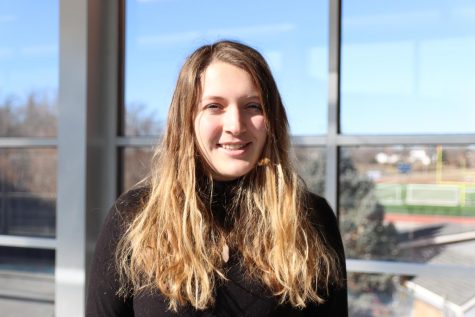
Marin Ellington (she/her), senior, is the Editor in Chief of the Marquette Messenger. In addition to her involvement in student journalism at Marquette,...



